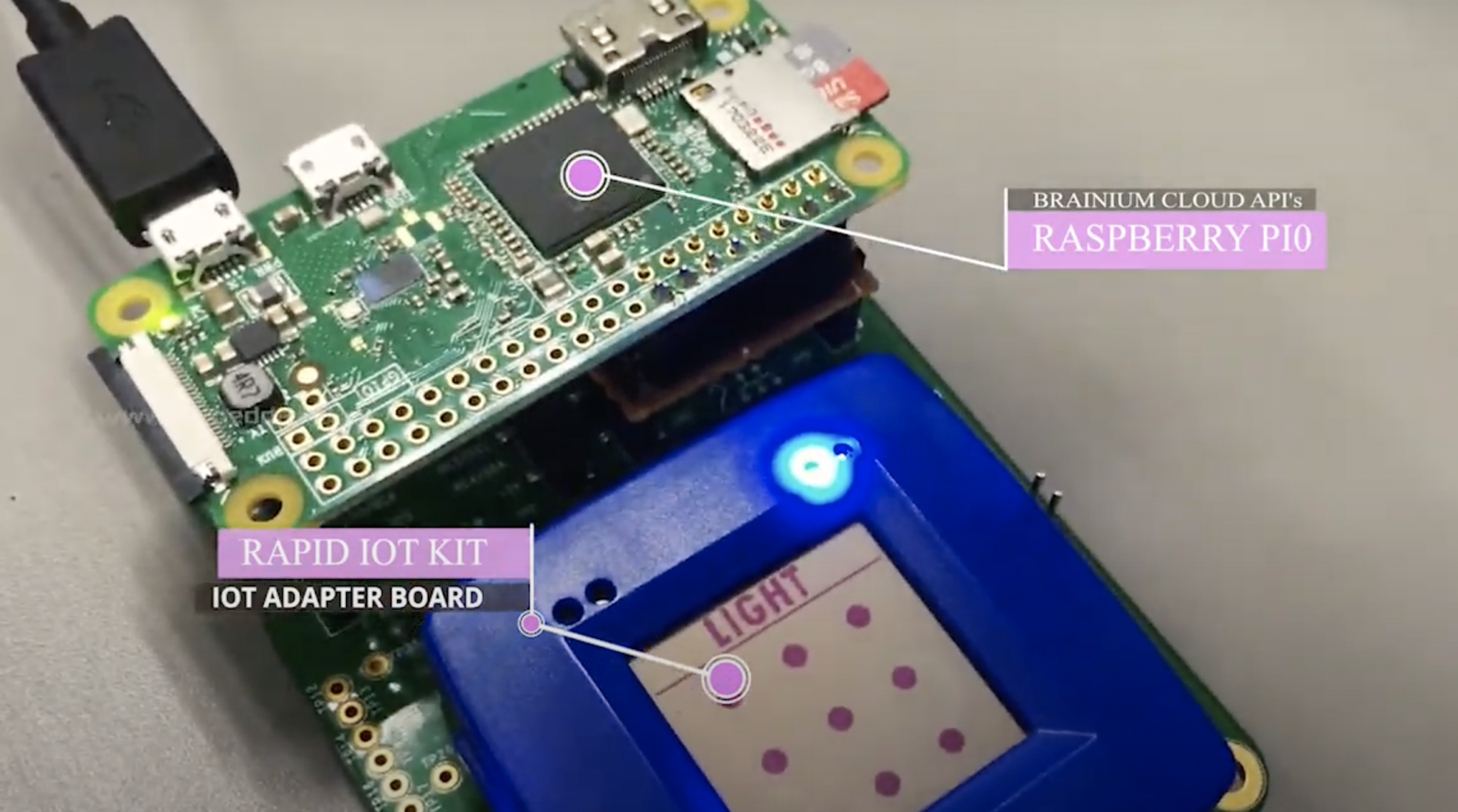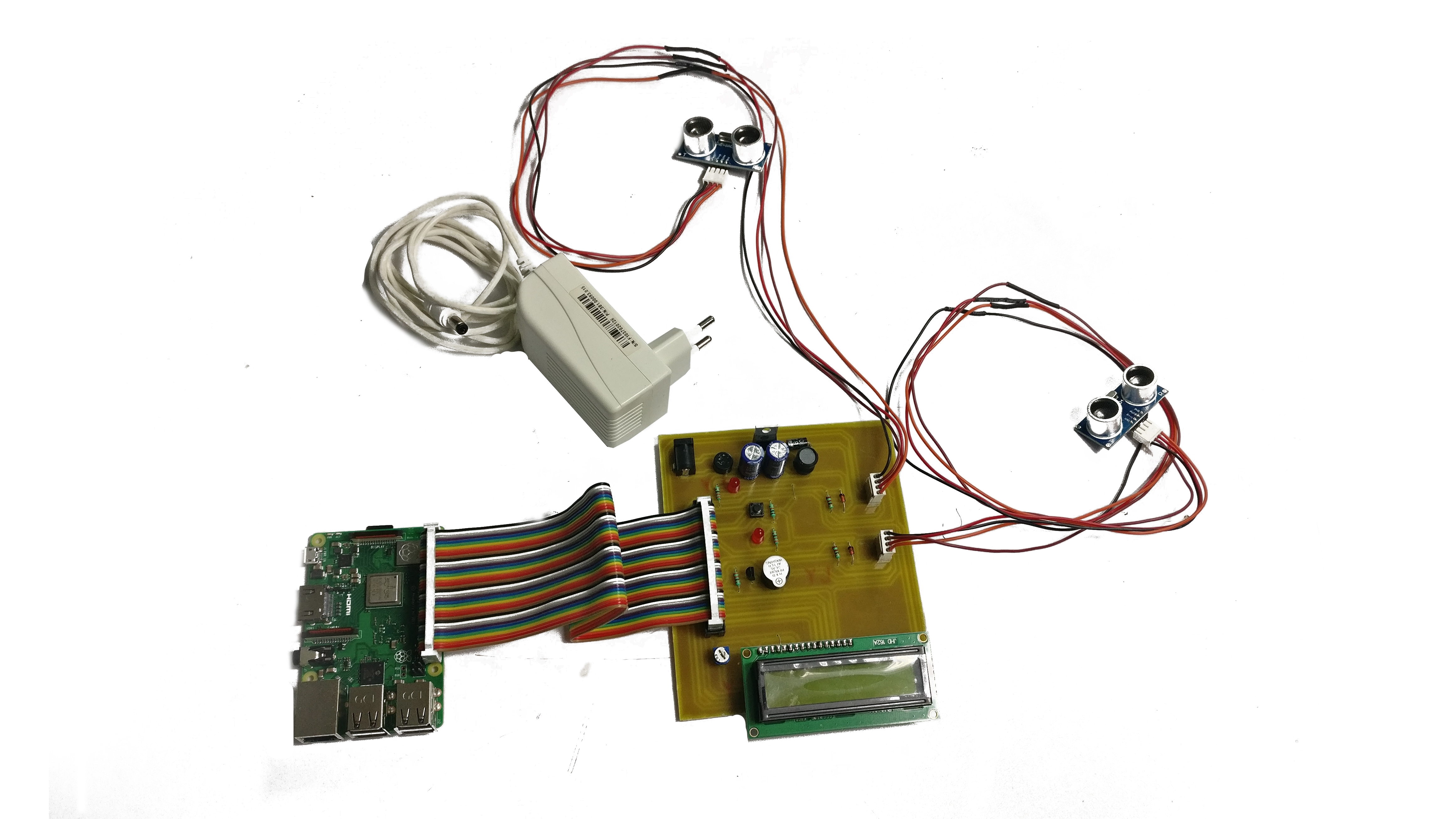In today's interconnected world, securely connect remote IoT P2P Raspberry Pi download Android has become a crucial topic for tech enthusiasts and professionals alike. The rise of IoT devices and the increasing demand for remote accessibility has transformed the way we interact with technology. Whether you're setting up a smart home, automating industrial processes, or managing personal projects, understanding how to securely connect these devices is essential for maintaining privacy and ensuring smooth operations.
The integration of IoT with peer-to-peer (P2P) networks allows for more efficient and decentralized communication between devices. This setup minimizes reliance on centralized servers, reducing latency and enhancing performance. However, as with any networked system, security is paramount. Without proper safeguards, sensitive data could be compromised, leading to severe consequences.
This article delves deep into the process of securely connecting remote IoT P2P Raspberry Pi devices while providing Android downloads. We will explore essential concepts, tools, and best practices to ensure your setup remains secure and functional. By the end of this guide, you'll have a comprehensive understanding of how to achieve this goal effectively.
- 4hd Movie Hub Your Ultimate Destination For Highquality Movies
- Movie Hub 300 Your Ultimate Guide To The Streaming Phenomenon
Table of Contents
- Introduction
- What is IoT?
- Understanding Raspberry Pi
- Peer-to-Peer (P2P) Networks Explained
- Steps to Securely Connect Remote IoT Devices
- Integrating Android for Remote Access
- Essential Tools and Software
- Best Practices for Security
- Protecting Your Data
- Common Issues and Troubleshooting
- Conclusion
Introduction
The Internet of Things (IoT) continues to revolutionize industries by enabling seamless communication between devices. However, the challenge lies in ensuring secure connectivity, especially when dealing with remote devices. Securely connect remote IoT P2P Raspberry Pi download Android involves several key components that must work together harmoniously. Understanding these elements is the first step toward creating a robust and secure system.
In this section, we will provide an overview of the importance of secure connections in IoT environments. We'll also highlight why Raspberry Pi and Android integration are critical components in achieving this goal.
What is IoT?
The Internet of Things (IoT) refers to the network of physical devices embedded with sensors, software, and connectivity features that enable them to exchange data with other devices and systems over the internet. These devices range from everyday household items like smart thermostats and refrigerators to complex industrial machinery.
- Unveiling Movierulz 3 Page Your Ultimate Guide To Movie Streaming
- Mkv Movies Your Ultimate Guide To Mkv Moviescom
Key Characteristics of IoT:
- Interconnectivity: Devices can communicate with each other without human intervention.
- Automation: Processes can be automated based on real-time data analysis.
- Scalability: IoT systems can be scaled to accommodate growing demands.
With the increasing number of IoT devices, securing their connections has become a top priority. Without proper security measures, these devices can become vulnerable to cyberattacks, leading to potential data breaches and system failures.
Understanding Raspberry Pi
What is Raspberry Pi?
Raspberry Pi is a series of small single-board computers developed by the Raspberry Pi Foundation. These devices are widely used in educational settings, home automation projects, and industrial applications due to their affordability and versatility.
Key Features of Raspberry Pi:
- Compact Size: Raspberry Pi devices are small and lightweight, making them ideal for portable projects.
- Open-Source Software: Supports a wide range of operating systems, including Linux distributions.
- Customizability: Users can configure Raspberry Pi to suit their specific needs.
Raspberry Pi Specifications
| Feature | Details |
|---|---|
| Processor | ARM-based CPU |
| RAM | Varies from 512MB to 8GB |
| Connectivity | Wi-Fi, Bluetooth, Ethernet |
| Storage | MicroSD card slot |
Peer-to-Peer (P2P) Networks Explained
Peer-to-peer (P2P) networks are decentralized systems where devices communicate directly with each other without relying on a central server. This architecture offers several advantages, including improved efficiency, reduced latency, and increased scalability.
Benefits of P2P Networks
- Enhanced Performance: Data is transferred directly between devices, reducing the load on central servers.
- Cost-Effective: Eliminates the need for expensive server infrastructure.
- Resilience: P2P networks can continue functioning even if some nodes fail.
When combined with IoT devices, P2P networks enable secure and efficient communication between remote devices, such as Raspberry Pi units.
Steps to Securely Connect Remote IoT Devices
Securing remote IoT connections is essential for protecting sensitive data and ensuring system reliability. Here are the steps to securely connect remote IoT P2P Raspberry Pi devices:
Step 1: Configure Network Settings
Begin by configuring the network settings on your Raspberry Pi. Ensure that the device is connected to a secure Wi-Fi network or Ethernet connection.
Step 2: Implement Encryption
Use encryption protocols such as TLS or SSL to secure data transmissions between devices. This ensures that even if data is intercepted, it cannot be easily deciphered.
Step 3: Set Up Firewall Rules
Configure firewall settings to restrict unauthorized access to your Raspberry Pi. This adds an extra layer of security to your system.
Integrating Android for Remote Access
Android devices can be used to remotely access and control IoT devices, including Raspberry Pi units. This integration provides users with greater flexibility and convenience.
Steps for Android Integration
- Install Required Apps: Use apps like SSH or VNC to establish a secure connection.
- Set Up Port Forwarding: Configure port forwarding on your router to allow remote access.
- Test Connectivity: Verify that your Android device can successfully connect to the Raspberry Pi.
By following these steps, you can seamlessly integrate Android devices into your IoT setup.
Essential Tools and Software
Several tools and software are available to assist in setting up and managing IoT P2P networks. These include:
- Node-RED: A visual tool for wiring together hardware devices, APIs, and online services.
- Mosquitto: An open-source MQTT broker for messaging between IoT devices.
- WireGuard: A secure tunneling protocol for establishing encrypted connections.
Using these tools can significantly enhance the functionality and security of your IoT setup.
Best Practices for Security
Adopting best practices for security is crucial when dealing with IoT devices. Here are some recommendations:
- Regular Updates: Keep your Raspberry Pi and all connected devices up to date with the latest firmware and security patches.
- Strong Passwords: Use complex passwords and enable two-factor authentication wherever possible.
- Monitor Activity: Regularly monitor your network for any suspicious activity and take immediate action if necessary.
Protecting Your Data
Data protection is a critical aspect of securely connect remote IoT P2P Raspberry Pi download Android. Implementing robust data protection measures ensures that sensitive information remains confidential and secure.
Data Protection Strategies
- Data Encryption: Encrypt all data stored on your devices to prevent unauthorized access.
- Access Control: Limit access to sensitive data by implementing strict access control policies.
- Regular Backups: Perform regular backups of important data to prevent loss in case of a security breach.
Common Issues and Troubleshooting
Despite best efforts, issues may arise when setting up IoT P2P networks. Here are some common problems and their solutions:
Issue 1: Connectivity Problems
Solution: Check your network settings and ensure that all devices are properly connected to the same network.
Issue 2: Security Breaches
Solution: Review your security settings and update any outdated software or firmware.
Conclusion
In conclusion, securely connect remote IoT P2P Raspberry Pi download Android requires a combination of technical knowledge, proper tools, and adherence to best practices. By following the steps outlined in this guide, you can create a secure and efficient IoT setup that meets your needs.
We encourage you to share your thoughts and experiences in the comments section below. Additionally, feel free to explore other articles on our website for more insights into IoT and related technologies. Together, let's build a safer and more connected world!
- Hdb4ucom A Comprehensive Guide To Discovering The Best Home Design Resources
- 4hub Movie Your Ultimate Guide To Streaming And Downloading Movies


